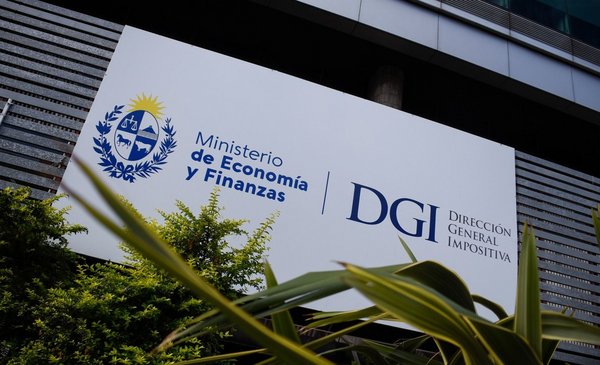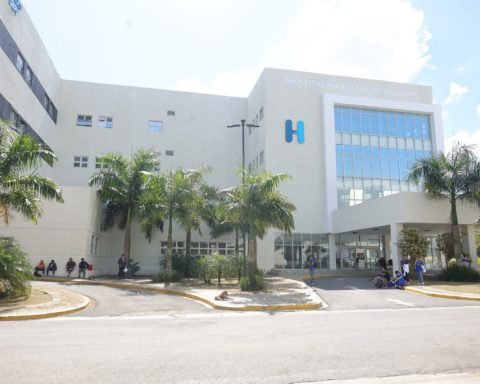By means of an administrative agreement, through a commitment signed between the political parties, last Wednesday Raúl Leiva (PS) assumed the presidency of the Constitution commission of the Chamber of Deputies and Deputies. In short, the socialist will take the position left by Karol Cariola (PC), who resigned from the position in the middle of the agreement of the pro-government sectors. Leiva, a lawyer by profession, with good relations with the opposition, was very close to reaching the presidency of the Chamber, when this year he finally reached the tester Vlado Mirosevic. In addition, he was linked to the governments of the former Concertación, when he was governor of Talagante in the first Bachelet administration and, before, as a lawyer for the Interior Legal Division, in the Lagos government.
But the arrival of Leiva to the presidency of this commission – key for the Government – is taking place precisely in the midst of intense and complex negotiations between the different benches and political parties, added to the insistence of some sectors – represented in large part by the deputy Pamela Jiles- who continue to promote the discussion of the projects for the fifth and sixth withdrawal of AFP funds. In this regard, the parliamentarian himself sincerely acknowledged that it is likely that the project will be put on the table again after April 18, precisely when one year has passed since the idea of legislating the fifth withdrawal of the AFPs was rejected in the Chamber . However, sources close to the National Congress admitted that given the current scenario, it is likely that the Constitution Commission will again reject the sixth withdrawal, which requires the support of 4/7 of the Chamber to be approved.
And although the parliamentarian admitted that “the issue of withdrawals is a reality”, he avoided being evidently in favor or against the initiative, and assured that “the issues must not be avoided, but must be discussed”. It should be remembered that in the pro-government purpose of avoiding the viability of new withdrawals of AFP funds, headed by a Minister of Finance, Mario Marcel, who has shown himself to be the main “enemy” of this type of withdrawals since his time at the Central Bank , Leiva (PS) could also play a key role. Until now, the Government is certain that the fifth withdrawal was far from the 89 votes required, in April of last year. Likewise, the Constitution Commission itself also slammed the reform that merged three self-loan motions, which meant that the contributor promised to repay the funds withdrawn in a limited time.
– How was your arrival to the presidency of the Constitution commission gestated? What will be the differentiating element of her management, compared to the work of her predecessor, Deputy Karol Cariola (PC)?
-I assume this challenge with great desire, seriousness and responsibility. I want to thank everyone who supported me to take on this challenge: representatives Cariola, Calisto, Jiles, Pérez, Soto, Ilabaca, as well as Javiera Morales who also gave me her vote to take office. And I hope to take this leadership giving full guarantees to each and every member of the commission, of impartiality in conducting, and above all in the generation of agreements. I believe that we have made a lot of differences that distinguish us from a political point of view, but I believe that we have great possibilities of reaching agreements, because there are many things that we have in common.
– What do you think is the main challenge you face on the front of a very relevant commission and that in the past has been marked by controversy?
-We must be able to rebuild trust and the development of the debate, duly guaranteeing it in accordance with the regulations and also rebuild trust among the members of the commission, so that we are able to put aside the controversies and assume a discussion at the level of what citizens demand and what Chile expects, so that’s where we are.
– What do you think that some parliamentarians, such as deputy Pamela Jiles, have celebrated her arrival as president of the Constitution commission as one more step towards the possibility of a new withdrawal of AFP funds? Are you in favor of continuing to discuss this controversial project, despite not having the support of the Government?
-I feel that the issue of withdrawals is a reality. It should be remembered that only three have been approved, two of them have been rejected-in very different conditions, all-and the issues must not be avoided, but must be discussed. And in this regard, I have said it publicly, just as Congresswoman Cariola did in March 2022 in full discussion of the fifth withdrawal, which was finally voted on in the commission and rejected. There she left the one-year vacancy period – in accordance with Article 68 of the Constitution – where we cannot discuss the same issue again, if it is a parliamentary motion. And this April 18th is the deadline, and I think we have to discuss it.
-How do you plan to face the discussion on the sixth withdrawal project in the Chamber as an official party? Have there been instances of dialogue with the Government to discuss the feasibility of this initiative and its implications?
-In this sense, I am going to follow the criteria that the outgoing president Cariola put in the Constitution commission, and it is necessary to discuss it and not evade the problem, because the generation of expectations of the citizenry- that are high, and that grow day by day to day-, are directly proportional to the level of frustration that people have. So, you have to be very responsible in these matters. Up to now, the idea of the sixth retreat is something that I have discussed with some members of the commission – with deputies Jiles, Cariola, as well as deputies Ilabaca and Soto (PS) -. I have not discussed it with the Government, because this has to be a decision of the Legislature, and we are going to discuss it within the commission.







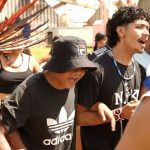
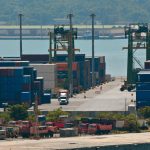
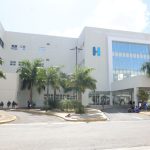
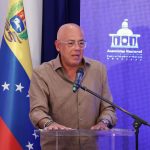

![[Video] CR7 scored a great goal from a free kick in Al Nassr's comeback [Video] CR7 scored a great goal from a free kick in Al Nassr's comeback](https://latin-american.news/wp-content/uploads/2023/03/Video-CR7-scored-a-great-goal-from-a-free-kick-1024x601.jpg)
